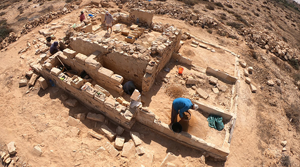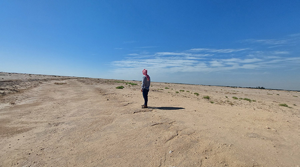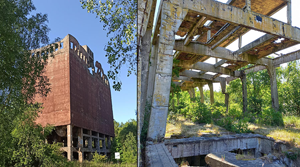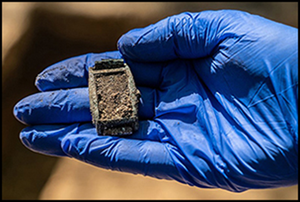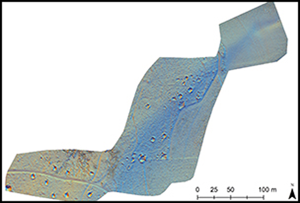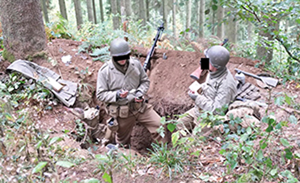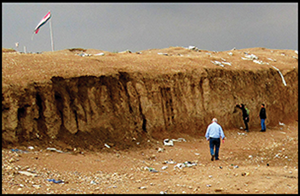10 results in Conflict Archaeology
Darazya at El Alamein: a Greco-Roman settlement against the backdrop of an important Second World War battle
- Part of:
-
- Published online by Cambridge University Press:
- 03 December 2024, e13
- Print publication:
- April 2025
-
- Article
-
- You have access
- Open access
- HTML
- Export citation
Locating al-Qadisiyyah: mapping Iraq's most famous early Islamic conquest site
- Part of:
-
- Published online by Cambridge University Press:
- 12 November 2024, e6
- Print publication:
- February 2025
-
- Article
-
- You have access
- Open access
- HTML
- Export citation
The archaeology of a Nazi synthetic-fuel plant and its legacy: the Hydrierwerke Pölitz AG
- Part of:
-
- Published online by Cambridge University Press:
- 30 September 2024, pp. 1641-1661
- Print publication:
- December 2024
-
- Article
-
- You have access
- HTML
- Export citation
Warriors from the south? Arrowheads from the Tollense Valley and Central Europe
- Part of:
-
- Published online by Cambridge University Press:
- 23 September 2024, pp. 1252-1270
- Print publication:
- October 2024
-
- Article
-
- You have access
- Open access
- HTML
- Export citation
An archaeology of the Pomeranian Crime of 1939: collecting the material evidence
- Part of:
-
- Published online by Cambridge University Press:
- 29 April 2024, e23
- Print publication:
- August 2024
-
- Article
-
- You have access
- Open access
- HTML
- Export citation
The tools of war: conflict and the destruction of Ukrainian cultural heritage
- Part of:
-
- Published online by Cambridge University Press:
- 01 December 2023, e36
- Print publication:
- December 2023
-
- Article
-
- You have access
- Open access
- HTML
- Export citation
Scientific review and cultural significance of the Site of National Remembrance in Łambinowice, Poland
- Part of:
-
- Published online by Cambridge University Press:
- 29 September 2023, e35
- Print publication:
- December 2023
-
- Article
-
- You have access
- HTML
- Export citation
LiDAR and conflict archaeology: the Battle of the Bulge (1944–1945)
- Part of:
-
- Published online by Cambridge University Press:
- 15 August 2023, pp. 945-963
- Print publication:
- August 2023
-
- Article
- Export citation
Conflicted landscapes: The Kall Trail. Monitoring transformations of a Second World War heritage site using UAV-lidar remote sensing and ground truthing
- Part of:
-
- Published online by Cambridge University Press:
- 18 February 2022, pp. 494-499
- Print publication:
- April 2022
-
- Article
-
- You have access
- Open access
- HTML
- Export citation
Remote sensing and ground survey of archaeological damage and destruction at Nineveh during the ISIS occupation
- Part of:
-
- Published online by Cambridge University Press:
- 14 February 2022, pp. 436-454
- Print publication:
- April 2022
-
- Article
-
- You have access
- Open access
- HTML
- Export citation

